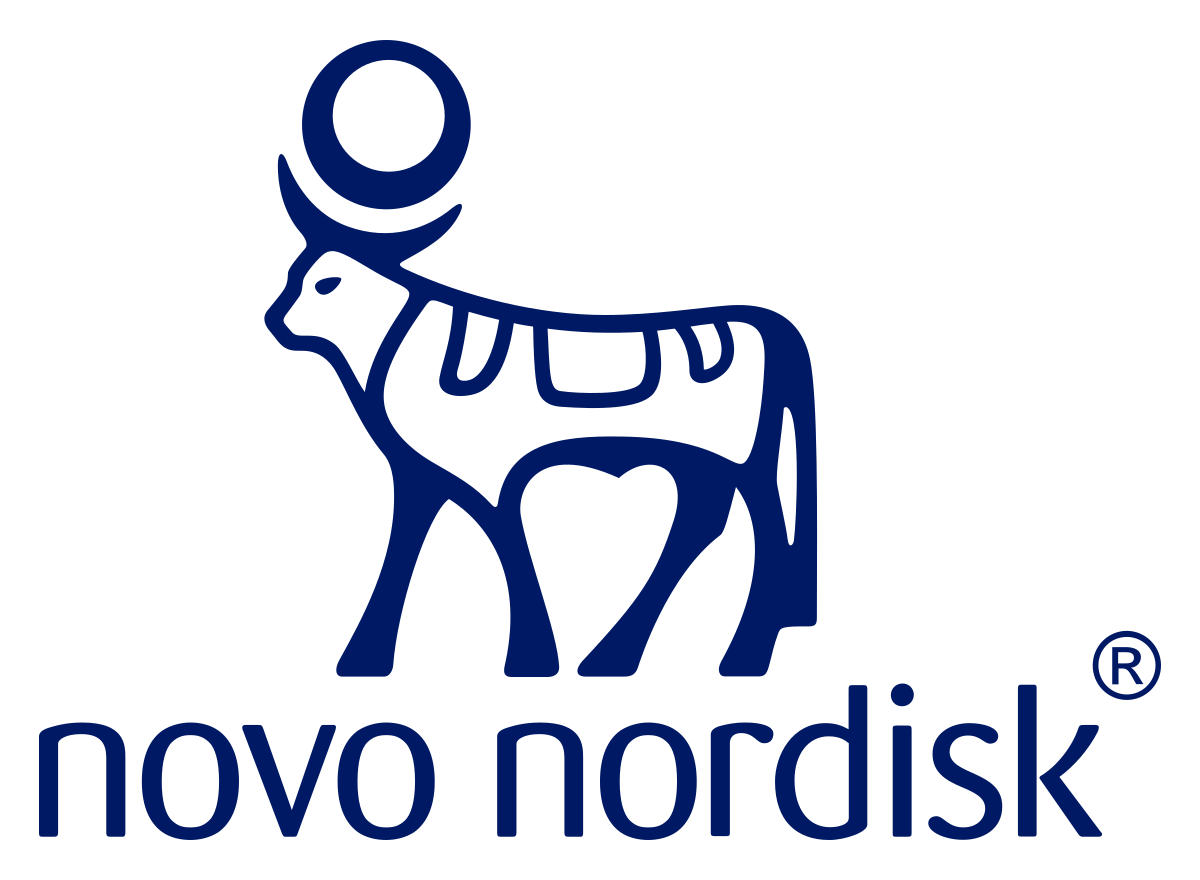Request Demo
FDA staff flags higher hypoglycaemia risk with Novo's weekly insulin
23 May 2024
Phase 3Clinical ResultDrug Approval
Novo Nordisk's effort to bring the first once-weekly insulin to market has hit a potential snag, with FDA staff scientists highlighting an "imbalance" in the risk of hypoglycaemic episodes associated with the experimental treatment, compared to the company's existing once-daily insulin product Tresiba (insulin degludec).
The Danish drugmaker submitted insulin icodec to regulators in the US, Europe and China last year for the treatment of people with type 1 and 2 diabetes. The filings are based on the company's ONWARDS programme, which comprised six Phase III studies and enrolled more than 4000 adults with diabetes.
In briefing documents posted ahead of an FDA advisory committee meeting set for May 24, agency reviewers noted that while hypoglycaemia is a known adverse reaction caused by the use of exogenous insulin, data from Novo's Phase III ONWARDS 6 trial show "excess hypoglycaemia caused by insulin icodec [versus the active comparator] without evidence of any additional glycaemic control or other benefit."
The focus of the AdCom will be on the safety and efficacy of insulin icodec in patients with type 1 diabetes. In the briefing documents, FDA staff said weekly insulin icodec was non-inferior, though not better than daily Tresiba in the ONWARDS 6 trial, but caused 48% to 89% more severe hypoglycaemia by week 26.
By week 52, event rates of level 2/3 hypoglycaemia per 100 patient-years were 1700 for insulin icodec compared to 916 for Tresiba. Further, 3.1% of insulin icodec-treated subjects experienced 14 hypoglycaemia serious adverse event (SAE) at the one-year mark, compared to 1% among those treated with Tresiba.
Hypoglycaemia affected most patients in the trial – 91% of those on insulin icodec and 86% on Tresiba experienced at least one episode during the 52-week treatment period – which FDA staff said suggested the event-rate analysis was not driven by outliers. Treatment for hypoglycaemia included dose reductions in five cases, among other measures, although agency scientists noted that none of the SAEs resulted in patients withdrawing from the study.
Novo has proposed a label that would limit insulin icodec to type 1 diabetes patients who wear continuous glucose monitoring devices, as well as reducing bolus insulin doses during the treatment's peak glucose-lowering period, typically during days 2 to 4 after each weekly injection.
However, the FDA staff countered that subgroup analyses based on glycaemic variability "always" showed a higher hypoglycaemia risk with insulin icodec versus Tresiba in the trial. Alternative dosing strategies were modeled, but while two of three strategies lowered hypoglycaemia risk, they also reduced effectiveness. Moreover, reducing bolus insulin by 30% on days 2 to 4 was predicted to maintain glycaemic control and improve safety, but FDA staff said these models were not tested in clinical studies, so it's unclear if patients can adjust their doses without errors.
Novo has already secured a positive opinion for its product from European regulators and said it expects a final EU approval for insulin icodec in the next couple of months under the brand name Awiqli. Stifel is projecting peak global sales of $3.5 billion by 2030 assuming an 80% likelihood of FDA approval.
Last week, Eli Lilly reported positive Phase III results for its own once-weekly insulin product efsitora alfa in type 2 diabetes patients, potentially setting up a rivalry with insulin icodec.
For more details,please visit the original website
The content of the article does not represent any opinions of Synapse and its affiliated companies. If there is any copyright infringement or error, please contact us, and we will deal with it within 24 hours.
Organizations
Targets
-AI Agents Built for Biopharma Breakthroughs
Accelerate discovery. Empower decisions. Transform outcomes.
Hot reports
Get started for free today!
Accelerate Strategic R&D decision making with Synapse, PatSnap’s AI-powered Connected Innovation Intelligence Platform Built for Life Sciences Professionals.
Start your data trial now!
Synapse data is also accessible to external entities via APIs or data packages. Empower better decisions with the latest in pharmaceutical intelligence.




